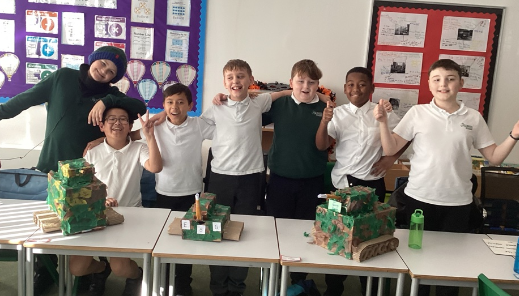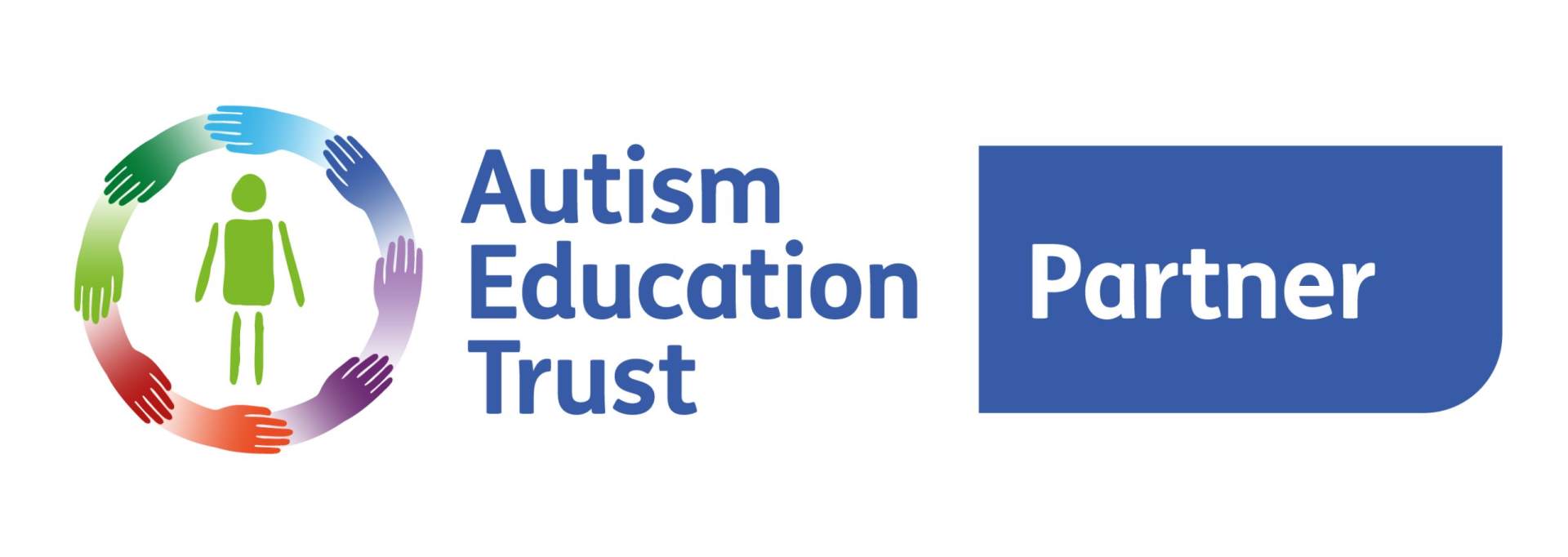Primary History

History has demonstrated that the most notable winners usually encountered heartbreaking obstacles before they triumphed. They won because they refused to become discouraged by their defeats.
- B.C. Forbes
At Hollinwood Academy History, designed to give them an understanding of the world locally, nationally, and globally, both past and present. Our aim is to develop an inquiring approach to learning and the world around them.
In History, we aim to spark curiosity and ignite a passion for the past. By delving into significant historical events, such as the Tudors or the Ancient Egyptians, our children and young people gain a broader understanding of how societies and cultures have evolved over time. Moreover, they develop a sense of connection and empathy with the people who lived before them.
By instilling a love for History, we hope to nurture future generations who are equipped with the skills to analyse and interpret the world around them, making them informed and engaged citizens.
History Lessons at Hollinwood Academy
The primary history lessons at Hollinwood Academy aim to provide all children and young people in the primary phases with access to a comprehensive and well-rounded curriculum. Our focus is to enable them to develop essential skills and knowledge in the field of history.
Through the teaching of history, we endeavour to encourage children and young people to ask thought-provoking questions, seek answers, form opinions, and cultivate new skills. History at Hollinwood Academy also plays a significant role in fostering children and young people’s awareness of why the world around them is the way it is. This helps them to understand and appreciate their role in the society.
The primary history curriculum at Hollinwood Academy establishes a solid foundation for children and young people who wish to pursue qualifications in secondary education. By introducing historical concepts, events, and figures, we aim to ignite a lifelong passion for history and instil a sense of curiosity and critical thinking skills in our children and young people.
At Hollinwood Academy, history is taught once a week, intertwining with geography lessons on alternate half terms. This approach ensures that children and young people to receive a balanced exposure to both subjects, enhancing their understanding of the world around them.
Our primary history lessons at Hollinwood Academy are designed to empower children and young people with a profound understanding of the past. By equipping them with knowledge and skills, we strive to nurture their intellectual growth and develop their ability to reflect, analyse, and appreciate the rich tapestry of human history.
Schemes of Work
The history scheme of work at Hollinwood Academy is designed to provide comprehensive coverage of the National Curriculum for England. It is divided into three half-terms for history and three half-terms for geography, ensuring a well-rounded education for our children and young people. To guide our planning and delivery, we use the Kapow schemes of work.
Kapow Primary's History scheme, spanning from EYFS to key stage 2, is designed to ignite curiosity, nurture critical thinking, and develop a comprehensive understanding of local, national, and global history. We believe that creating a mental map of historical events is crucial in facilitating connections and analysis.
Considering the Ofsted research review on history, the Kapow scheme of work incorporates two strands: substantive knowledge strands and disciplinary strands. Substantive knowledge strands are designed to develop topic knowledge, chronological awareness, and substantive concepts. Disciplinary strands, on the other hand, focus on historical enquiry and disciplinary concepts. These strands are seamlessly integrated throughout all history units, facilitating the progressive development of historical knowledge.
Following a spiral curriculum model, our humanities Kapow scheme of work revisits and builds upon previous skills and knowledge. Each lesson includes differentiated guidance, ensuring accessibility for all children and young people while also providing opportunities for greater depth.
To learn more about the Kapow Scheme of Work and its implementation in our school, please visit: https://www.kapowprimary.com/
Communication History Curriculum
In our communication groups, history is taught as a cross-curricular approach with a strong focus on communication. We carefully select suitable topics based on the curriculum stage of each child and young person, as well as the specific topic being covered. During our Attention Autism sessions, teachers introduce key history concepts and vocabulary to enhance engagement and learning.
Under the engagement model, we have found that 'Attention Autism' is a highly effective method to promote independence and facilitate overall development. By utilising these alternative approaches, we believe that all children and young people can achieve their full potential. Our dedicated and committed staff in these classes ensure that this becomes a reality.
The children and young people are taught a range of skills including engagement, responsiveness, exploration, perseverance, initiative, anticipation, and communication. By fostering these abilities, we aim to empower our learners and instil a genuine love for learning.
Overall, our history curriculum adopts a holistic approach to history education, integrating communication skills and alternative teaching methods to create an enriching and inclusive learning environment.
Curriculum Adaptations and Pedagogy
The curriculum adaptations and pedagogy at Hollinwood Academy is centered around meeting the unique needs and abilities of every learner, ensuring equal opportunities for academic, personal, and social development. The primary goals include:
1. Inclusivity: Adapt the curriculum to ensure that all learners have access to quality education, regardless of their individual needs.
2. Adaptive Teaching: Provide personalised learning experiences that cater to the diverse abilities, interests, and learning styles of the children and young people.
3. Progression: Foster a holistic and sequential approach to learning, allowing children and young people to build on their prior knowledge, skills, and understanding from their identified starting points.
4. Empowerment: Develop independent learners who are equipped with the skills, resilience, and self-confidence required to succeed academically and, in their future lives.
Curriculum Adaptations and Pedagogy
Assessment
At Hollinwood Academy, we are committed to providing a comprehensive approach to assessing the progress of every child and young person in history. Our assessments are carefully designed to align with the 2014 National Curriculum in England and are based on the Kapow schemes of work. Through our history lessons, we aim to create an environment where children can actively engage in discussions, question and evaluate information.
To capture evidence of this engagement, we utilize the Evidence for Learning platform, where both the learner and the teacher can document their observations and reflections. This platform allows us to monitor and track each child and young person’s progress over time, ensuring that they are meeting the required curriculum standards.
Our assessments are both formative and summative, providing ongoing opportunities for teachers to assess children and young people’s understanding and skill development. Within each lesson, teachers are provided with guidance to support them in assessing children and young people against the learning objectives. Additionally, at the end of each unit, we employ a skill catcher and knowledge assessment quiz to provide a summative assessment of the children and young people’s learning.
For those children and young people who may be working below the National Curriculum standards, we implement the use of pre-key stage standards to assess their performance. This ensures that we can track their progress and adapt our teaching strategies accordingly. Furthermore, for those who are working below pre-key stage standards, we employ the Engagement model of learning, which considers their individual learning needs and provides a tailored assessment approach.
To provide personalised support, each child and young person has bespoke and individualised history progress targets. These targets are closely tracked, and we foster a strong partnership with parents by sharing them on a termly basis via Arbor, our digital communication platform.
Technology
We firmly believe in the power of technology to enhance learning, and we have made it an integral part of our history curriculum. At the primary stage, we embrace the use of iPads and other technological tools, enabling all children and young people to engage actively with their learning. By utilising these resources, we aim to remove barriers and make science accessible for every child and young person.
All children and young people have access to a wide range of interactive history and learning apps, including:
Ks1 BBC Bitesize: KS1 History - BBC Bitesize
Ks2 BBC Bitesize: KS2 History - BBC Bitesize
Primary History Association: Primary / Historical Association (history.org.uk)
To further consolidate learning, we also incorporate various interactive history games into our lessons. These games provide children and young people with opportunities to apply their history knowledge in a stimulating and enjoyable way. By making use of technology in such a manner, we not only enhance understanding but also instil a love for history in our children and young people. At Hollinwood Academy, we firmly believe that by embracing technology, we can empower our children and young people to overcome challenges and reach their full potential in history and beyond.







